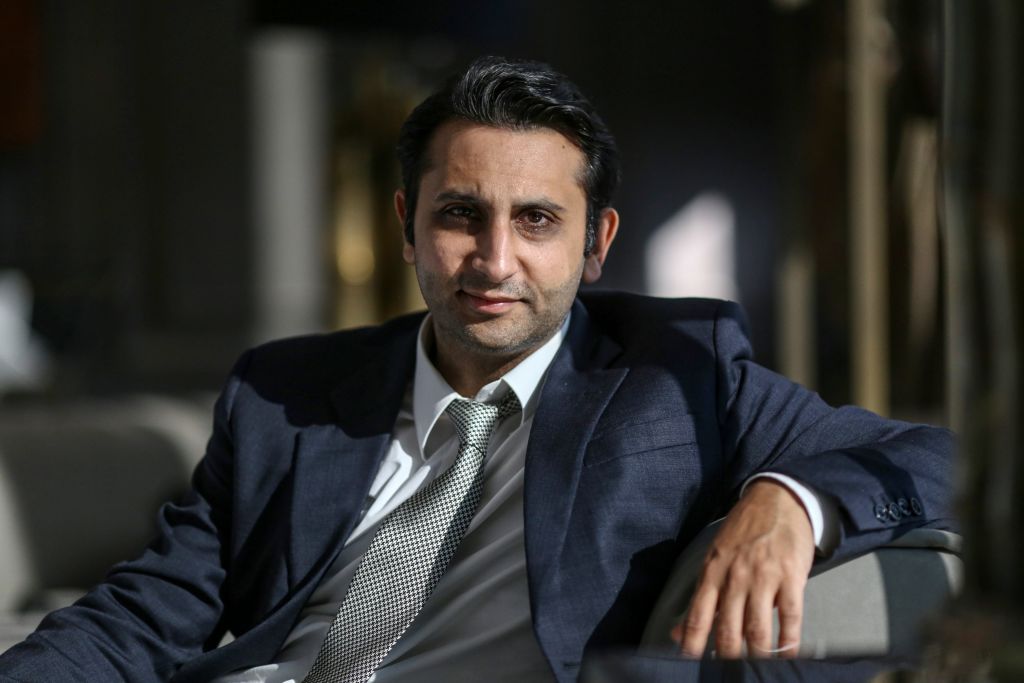Our mission to make business better is fueled by readers like you. To enjoy unlimited access to our journalism, subscribe today.
The Serum Institute of India, one of the world’s largest vaccine makers, announced on Sunday that it would manufacture vaccines for India before doses earmarked for the rest of the world, a move that may delay vaccine shipments to dozens of countries and hamper the firm’s plans to share its vaccine supply.
“Dear countries & governments,” Adar Poonawalla, CEO of the Serum Institute, wrote on Twitter on Sunday. “I humbly request you to please be patient, [the Serum Institute of India] has been directed to prioritize the huge needs of India and along with that balance the needs of the rest of the world. We are trying our best.”
Poonawalla did not disclose who—India’s government or someone else—had directed the Serum Institute to put domestic doses above those being sent elsewhere.
Subscribe to Eastworld for weekly insight on what’s dominating business in Asia, delivered free to your inbox.
India last month launched a campaign to vaccinate its 1.6 billion people, a feat that’s especially urgent since the country ranks second behind the U.S. in confirmed COVID-19 cases. It has 11 million infections, with 156,000 deaths.
The Serum Institute did not respond to Fortune’s request for comment.
The Serum Institute is critical to supplying the world with COVID-19 vaccines. It said in January that it has the capacity to produce 1.5 billion vaccine doses in 2021 with plans to ramp up annual capacity to 2.5 billion doses by the end of the year. The Serum Institute’s manufacturing capacity is already outpacing that of its rivals. It’s currently producing 70 million shots per month compared with the 20 million doses Pfizer is producing per month in the U.S.
In June 2020, the Serum Institute struck a deal with firm AstraZeneca to manufacture 1 billion doses of the British pharmaceutical firm’s COVID-19 vaccine, which has demonstrated efficacy rates between 62% and 90% in Phase III clinical trials. From the start of the partnership, the Serum Institute pledged to share the vaccines with non-wealthy nations.
Poonawalla reiterated Serum’s global pledge in a joint statement with fellow Indian vaccine maker Bharat Biotech in January 2021.
“We are fully aware of the importance of vaccines for people and countries alike. We hereby communicate our joint pledge to provide global access for our COVID-19 vaccines,” the two companies said in a statement.
The Serum Institute’s version of the AstraZeneca vaccine, called Covishield, has been approved in 11 countries, including Bangladesh, Nepal, Morocco, and South Africa. The World Health Organization (WHO) also approved the Covishield vaccine for emergency use on Feb. 16, clearing a path for the vaccine to be deployed in the WHO’s COVAX initiative, a global vaccine program aimed at providing access to vaccines in lower- and middle-income countries.
Earlier this month, the WHO said it expected the Serum Institute to supply 240 million doses of Covishield to COVAX in the first half of 2021. As part of COVAX, the WHO said that 97 million of the Serum doses would stay in India, with the remaining supplies sent abroad.
The Serum Institute last week announced that it would supply an additional 1.1 billion doses to COVAX as part of a separate vaccine partnership with American vaccine maker Novavax.
It is unclear if or how Poonawalla’s Sunday declaration will hinder the Serum Institute’s ability to make good on those promises.
In September 2020, Poonawalla told Fortune that he was ready to take on the challenge of providing the world with better access to COVID-19 vaccines.
“[It’s a] scary responsibility that I kind of feel I’m carrying on my shoulders—that is driving me every day to do things quicker,” Poonawalla said. “[But] now I’m very used to it. In fact, it has helped and motivated me.”







